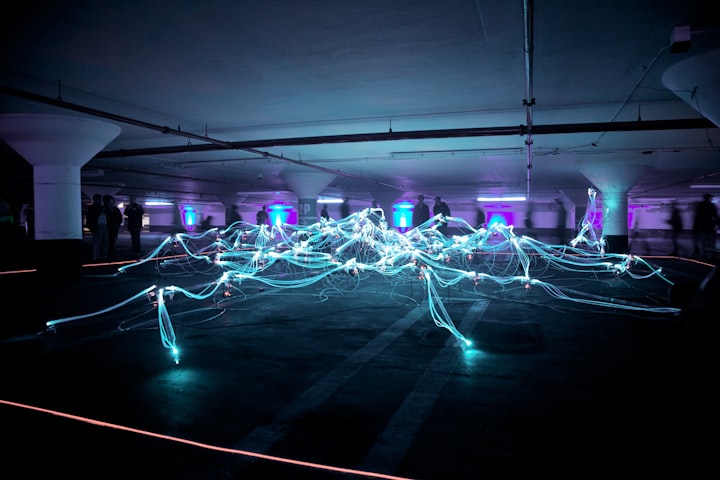Unraveling the Web of Misinformation
Navigating Truth in the Digital Age

In the captivating realm of the digital age, where information flows ceaselessly and knowledge is at our fingertips, a hidden adversary lurks within the shadows - misinformation. The prevalence of misinformation online has far-reaching implications, leaving no corner of society untouched. In this essay, we will explore the impact of misinformation on our lives and delve into creative strategies that can empower individuals to combat this modern menace. Prepare to embark on a journey through the treacherous web of falsehoods, armed with the tools needed to distinguish fact from fiction.
The Rise of Misinformation
Misinformation has woven itself into the very fabric of our online existence. Social media platforms, once hailed as symbols of connectivity, have become breeding grounds for sensationalized rumors and baseless claims. The viral nature of such content, driven by clickbait headlines and share buttons, ensures the swift spread of misinformation across vast digital landscapes. From health advice to political debates, the dissemination of false information seeps into every aspect of our lives, leading to confusion, mistrust, and division.
Misinformation thrives on psychological factors that influence human behavior. Cognitive biases, such as confirmation bias and the illusory truth effect, play a significant role in perpetuating the spread of false information. People tend to seek out information that confirms their existing beliefs and are more likely to accept information as true when they encounter it repeatedly. Understanding these psychological tendencies can help individuals become more aware of their own biases and approach information with a critical mindset. By addressing these underlying factors, we can develop strategies to counteract the influence of misinformation on our thoughts and actions.
The Impact on Society
The impact of misinformation on society is profound. It erodes public trust in traditional institutions and creates echo chambers that reinforce pre-existing beliefs. Misinformation can sway public opinion, influence election outcomes, and exacerbate societal divisions. It can also have dire consequences for public health, as seen during the COVID-19 pandemic, where false claims and conspiracy theories hindered the adoption of preventive measures and the vaccine rollout. The erosion of truth and the distortion of reality have significant implications for democratic processes and the collective well-being of our global community.
Social media platforms have a pivotal role in combating misinformation. While they face challenges in moderating content due to the sheer volume of information shared, implementing responsible social media practices can make a significant difference. Encouraging transparency in algorithms and providing users with more control over their news feeds can help reduce the echo chamber effect. Platforms can also invest in user education by promoting media literacy tools, fact-checking resources, and critical thinking guidelines. By fostering a culture of responsible social media use, we can transform these platforms into spaces where accurate information thrives and misinformation finds it harder to gain traction.
Combatting Misinformation
In our battle against misinformation, education emerges as our most potent weapon. We must cultivate critical thinking skills and media literacy to discern fact from fiction. Schools and educational institutions should prioritize teaching students how to evaluate sources, fact-check claims, and think critically about information encountered online. Moreover, technological advancements, such as the use of artificial intelligence algorithms, can help flag and label potentially misleading content, empowering users to make informed decisions about what they consume and share.
Promoting collaborative fact-checking initiatives, where journalists, researchers, and online communities work together to debunk false information, is another effective strategy. Fact-checking organizations can utilize engaging formats, such as interactive quizzes or gamified platforms, to make the process of verifying information entertaining and accessible to a wide audience. By fostering a collective responsibility for truth, we create a resilient network of information warriors who champion accuracy and evidence-based knowledge.
In the vast expanse of the digital realm, misinformation casts a dark shadow over truth and clarity. Its impact on society is far-reaching, but not insurmountable. By equipping ourselves with critical thinking skills, promoting media literacy, and embracing collaborative fact-checking initiatives, we can navigate the labyrinth of misinformation with confidence. Together, let us illuminate the path to truth, ensuring that the digital age becomes a beacon of knowledge and enlightenment, rather than a breeding ground for falsehoods.





Comments
There are no comments for this story
Be the first to respond and start the conversation.